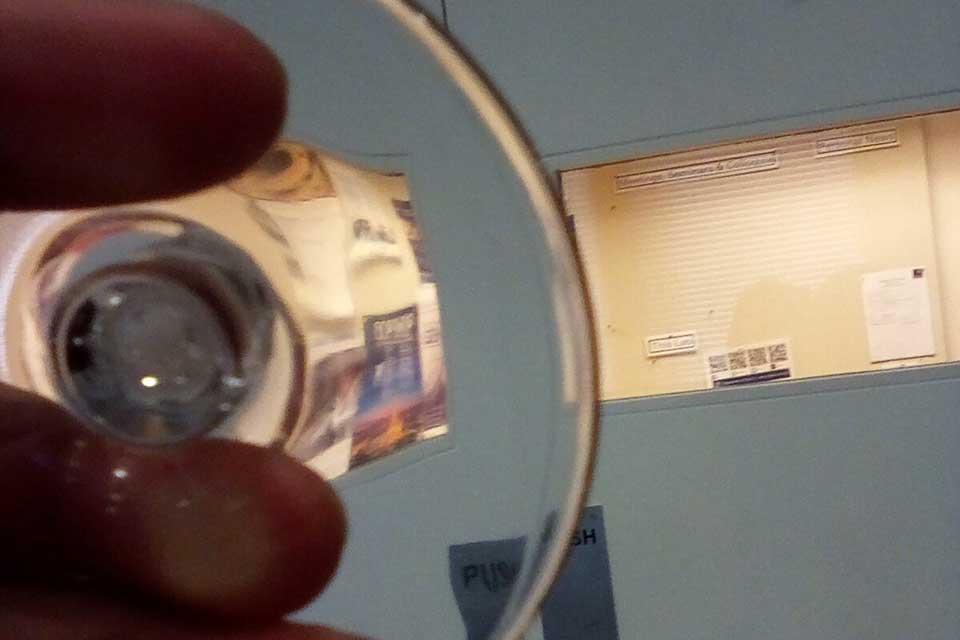The Department of Physics trialled a new hands-on workshop for children age 11-13 years that explored topics in astrophysics through poetry and visual art. The event which took place on Saturday 27 January, was a collaboration between astrophysicist Dr Sebastian von Hausegger, and artist and educator Gaz Lawrence. The workshop aimed to help students to understand the universe in a whole new way.
Twenty children attended the workshop where they analysed the poem, Disorientation, by American physicist Katie Mack. They looked at techniques such as alliteration, metaphors and anaphora, and created their own poetry inspired by the universe.
Dr von Hausegger comments: 'Astrophysics is about storytelling, stories that bring to life fascinating and unimaginable galaxies far away. This workshop was designed to help children explore the worlds beyond our own, using alternative forms of science communication such as poetry and visual art.'
In the workshop the latest astrophysics research was used to encourage their creativity, this included phenomena such as gravitational lensing, which was used to inspire the students to take photographs of the physics department distorted by lenses. The workshop had a specific focus on role models from the LGBT+ community, to give young people a better understanding of the exciting world beyond their classroom.
Dr von Hausegger adds: 'To me, the most rewarding outcome was to see how keen the students were on combining ideas from art and science, which seems to come up short in their school education. I’m therefore very motivated to further develop this programme in the future.'
Gaz Lawrence concludes: 'It's such a pleasure to work with people at the cutting edge of scientific research like Dr von Hausegger to help me bring inspiring topics to life for a younger audience. I am deeply passionate that the arts and sciences should be taught alongside each other and our interdisciplinary collaboration makes for a novel learning experience that the students relished.'
It was amazing and really fascinating and fun
My favourite parts were writing the poems, taking the pictures and learning about the scientists
Participant

